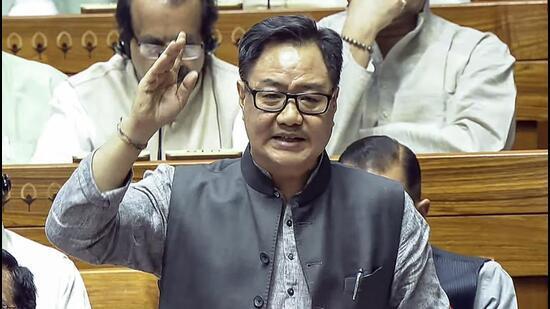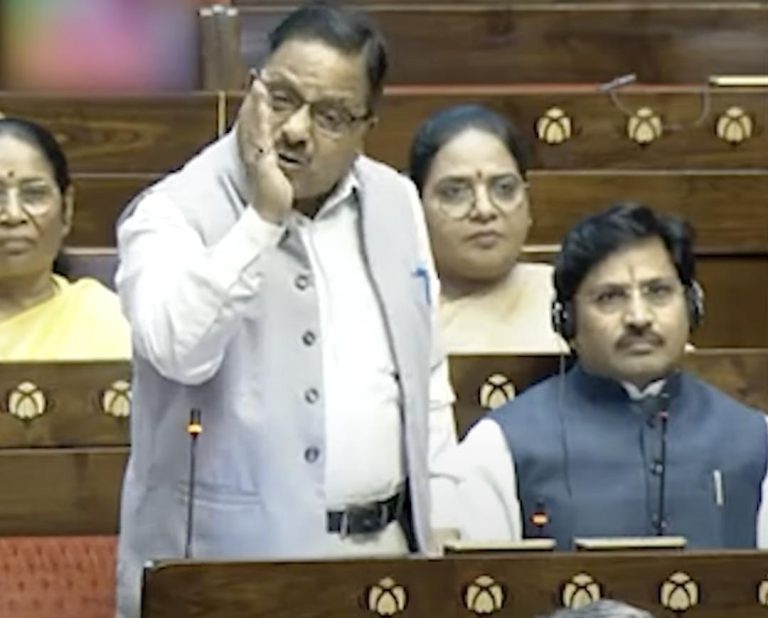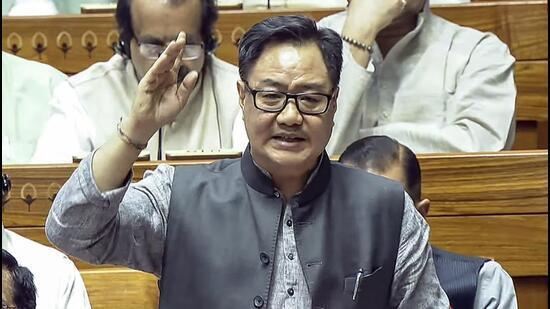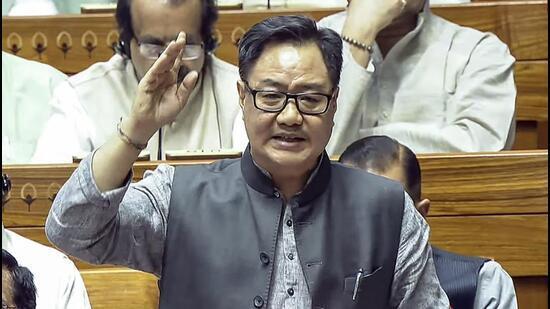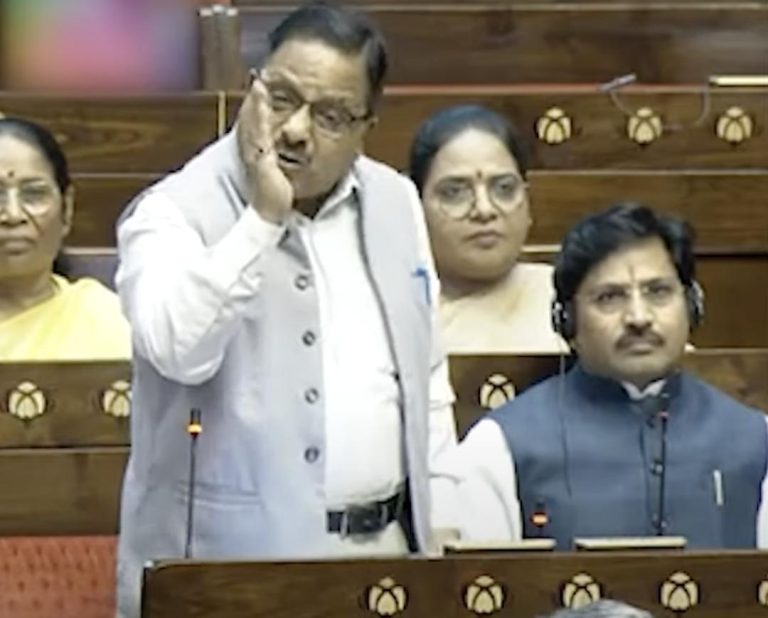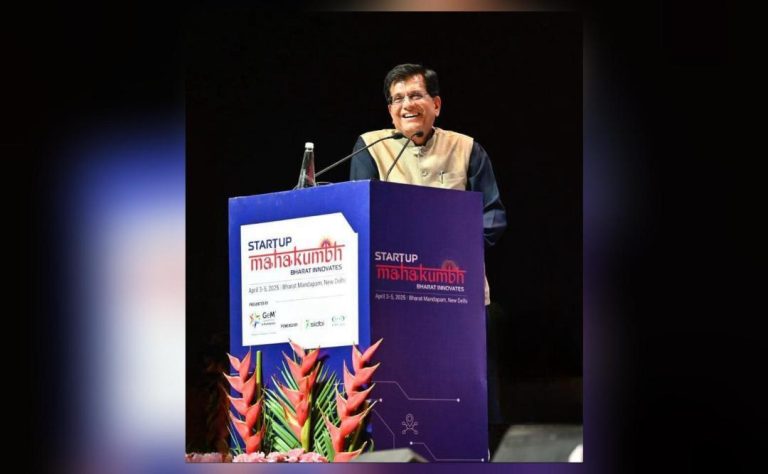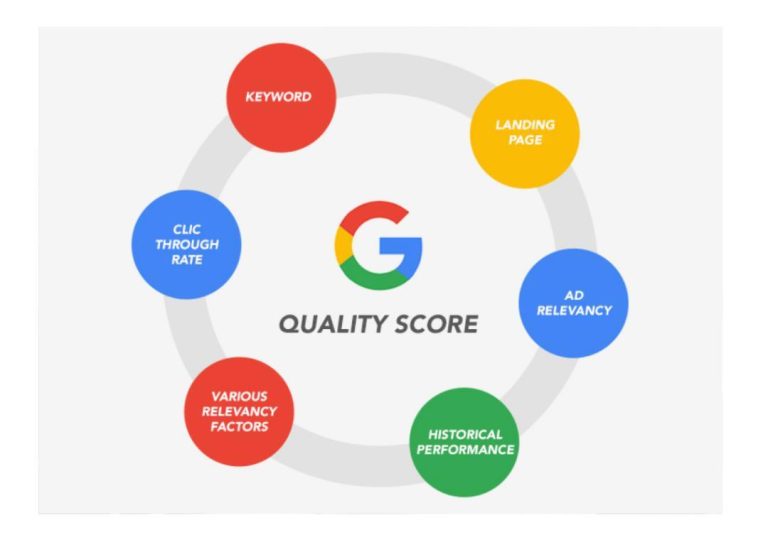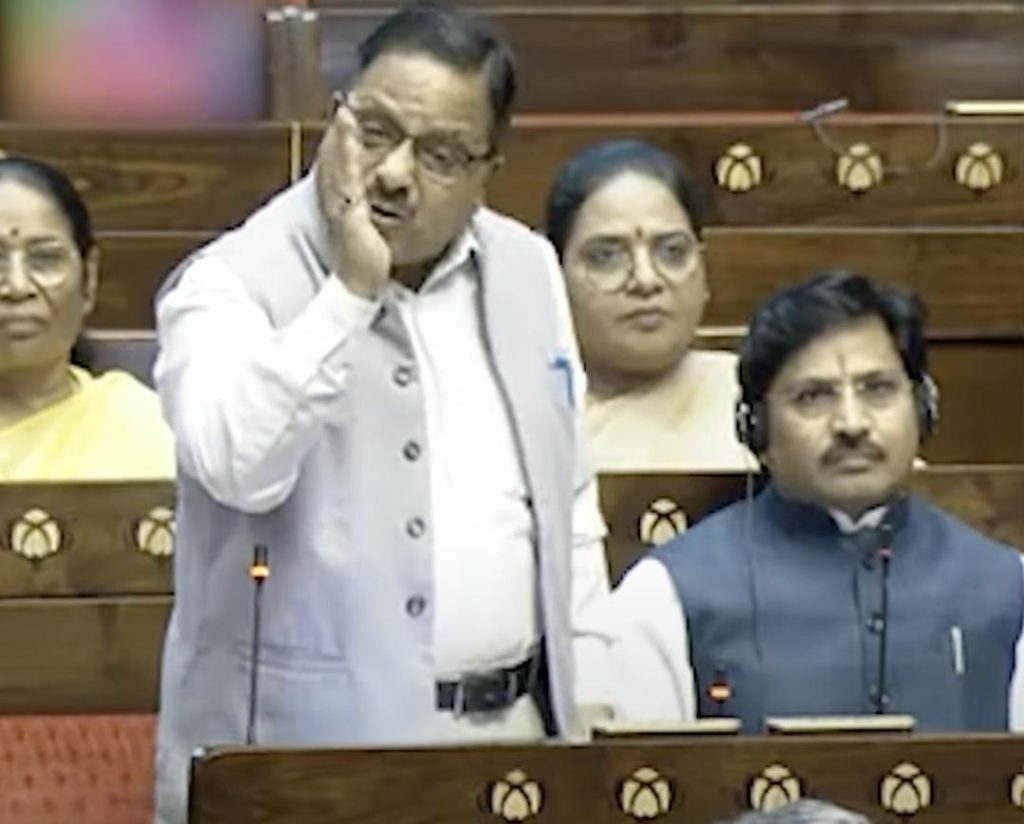
Title: Should I read Quran & tell you what’s written in it: BJP MP Radha Mohan Das on Waqf Bill
In recent times, the Waqf Bill has been a topic of much debate and controversy in India. The Bill aims to reform the Waqf Board, which manages and regulates religious properties belonging to Muslims. During the discussion on the Bill, BJP MP Radha Mohan Das made a startling statement that left many stunned. He asked if he should read the Quran and tell what is written in it, sparking a heated debate on social media.
The statement was made during the debate on the Waqf Bill in the Lok Sabha, where Radha Mohan Das questioned the Waqf Board’s management of its properties. He said, “The Quran says that even if one rupee is given to anyone, there should be a written record…And you say you have so many properties without a record.” His statement was met with strong reactions from both the opposition and the government, with many calling him out for being insensitive and disrespectful towards the holy book of Islam.
Radha Mohan Das’s statement was seen as an attempt to undermine the authenticity and credibility of the Quran, and many Muslims took to social media to express their outrage and disappointment. The BJP MP’s comment was also criticized by many secular and liberal voices, who saw it as an attempt to stoke communal divisions and create a wedge between different communities.
However, some critics argued that Radha Mohan Das’s statement was not intended to be offensive, but rather an attempt to highlight the lack of transparency and accountability in the Waqf Board’s management of its properties. They pointed out that the Quran does indeed emphasize the importance of written records and documentation, and that the Waqf Board’s failure to maintain such records was a legitimate point of concern.
Despite the controversy surrounding his statement, Radha Mohan Das has refused to back down. In an interview with a leading news channel, he defended his comment, saying that he was simply highlighting the importance of transparency and accountability in the management of religious properties. He also emphasized that his intention was not to offend any religious beliefs or sentiments, but rather to bring attention to the need for greater transparency and accountability in the Waqf Board’s operations.
The controversy surrounding Radha Mohan Das’s statement has once again highlighted the need for greater understanding and respect between different religious communities. It is essential that individuals from all walks of life, regardless of their religious beliefs or affiliations, strive to promote tolerance, understanding, and respect for each other’s differences.
In conclusion, the statement made by Radha Mohan Das during the debate on the Waqf Bill has sparked a heated debate on social media and beyond. While some have criticized his statement as being offensive and disrespectful towards the Quran, others have argued that it was a legitimate point made to highlight the need for greater transparency and accountability in the Waqf Board’s management of its properties. Regardless of one’s views on the matter, it is essential that we promote greater understanding and respect between different religious communities, and strive to create a society where all individuals feel valued and respected, regardless of their beliefs or affiliations.
News Source:
https://www.youtube.com/watch
